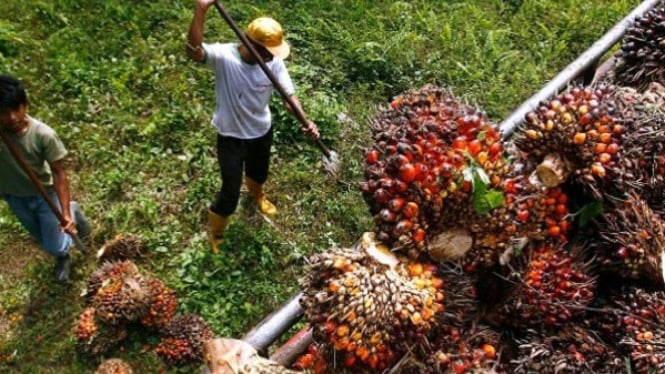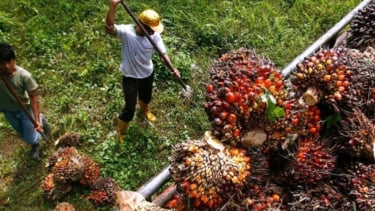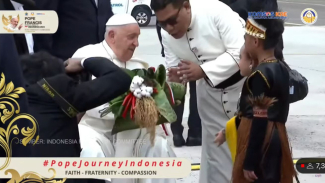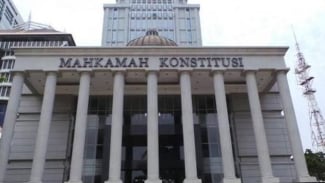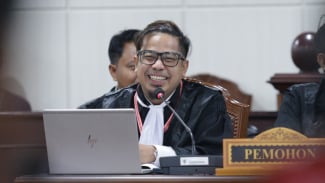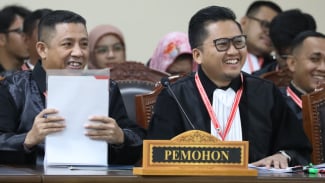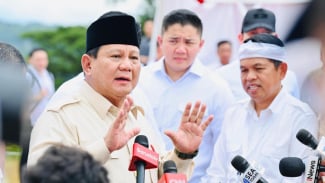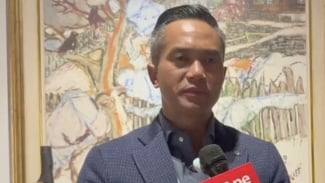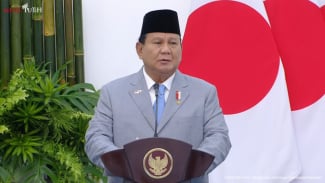How to Improve Palm Oil Farming Practices
- Dok. Istimewa
Jakarta, VIVA – Palm oil farming, particularly its management, is far more complex than it might seem. Simply planting and waiting for the crops to yield fruit without proper maintenance is not enough to ensure productivity.
Addressing the knowledge gap among palm oil farmers in Indonesia, SEVP Operation of LPP Agro Nusantara, Pugar Indriawan, highlighted that many farmers still lack standardized technical know-how.
Pugar noted that training sessions conducted by LPP have revealed significant gaps in farmers' technical understanding.
"Many farmers rely on their own experience or what they have learned from their surroundings, but these methods often fall short of the standardized practices required for optimal palm oil cultivation," Pugar explained. This lack of standardized practice is one reason for low productivity among palm oil farmers.
He further emphasized the importance of correcting critical issues, such as the practice of harvesting unripe fruits, through targeted training programs.
"We currently offer around 11 recommended training courses, but as challenges evolve, these may not be sufficient. Moving forward, we will evaluate and potentially expand the scope of these programs, with the support of the Directorate General of Plantations and BPDPKS," he added.
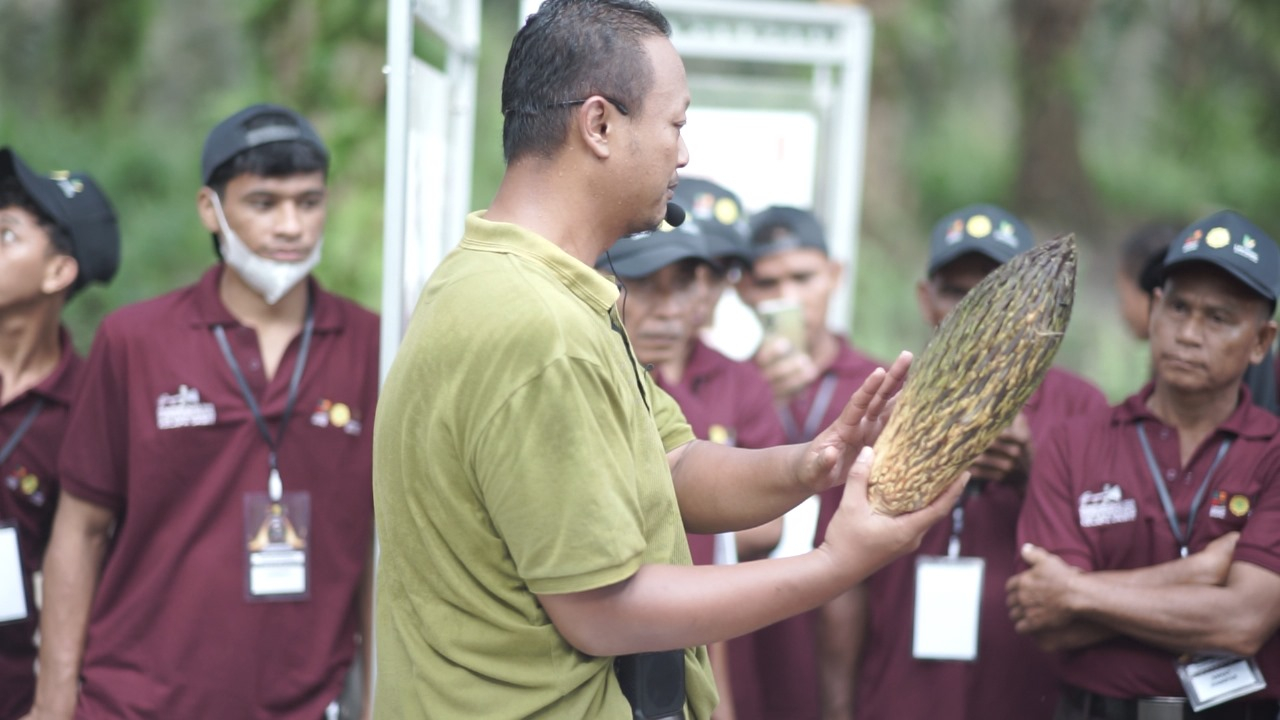
Pugar also discussed the "Millennial Farmers Program," designed to engage younger generations in palm oil farming.
"Interest among younger generations in plantation work is declining. However, sustainability in this business requires a systematic approach, including preparing future managers. That’s why we've modified our curriculum to make it more appealing to young people," he said.
The program is aligned with BPDPKS’s scholarship initiative, which aims to cultivate the next generation of palm oil plantation managers. "We are preparing around 3,000 young people each year to carry on the legacy of palm oil farming," Pugar concluded.
In addressing the critical issue of low productivity among independent farmers, BPDPKS’s Human Resources Development Program, which includes training and scholarships, has been a key initiative since 2016.
"With increased funding, we aim to provide more farmers with the skills needed to meet future business challenges," stated Arfie Thahar, Head of Program Services at BPDPKS.
